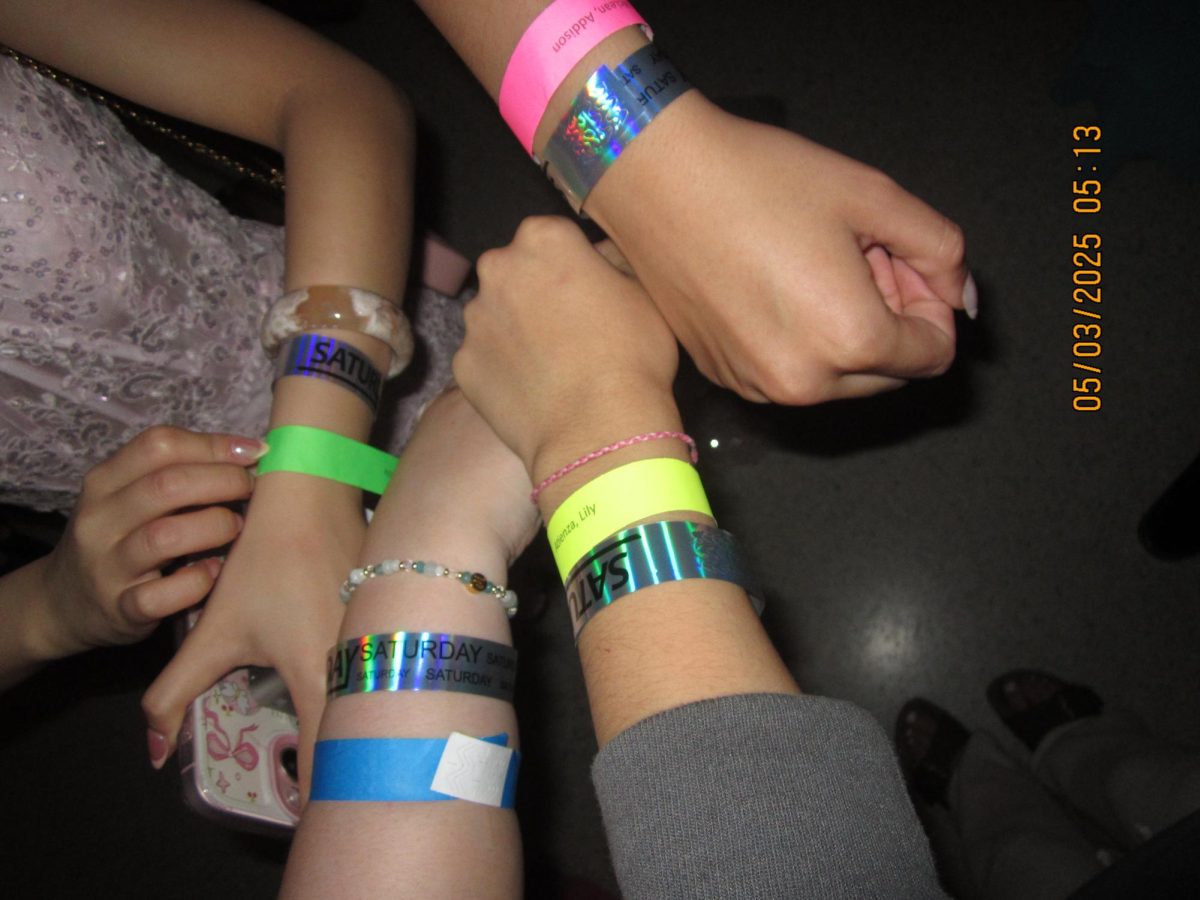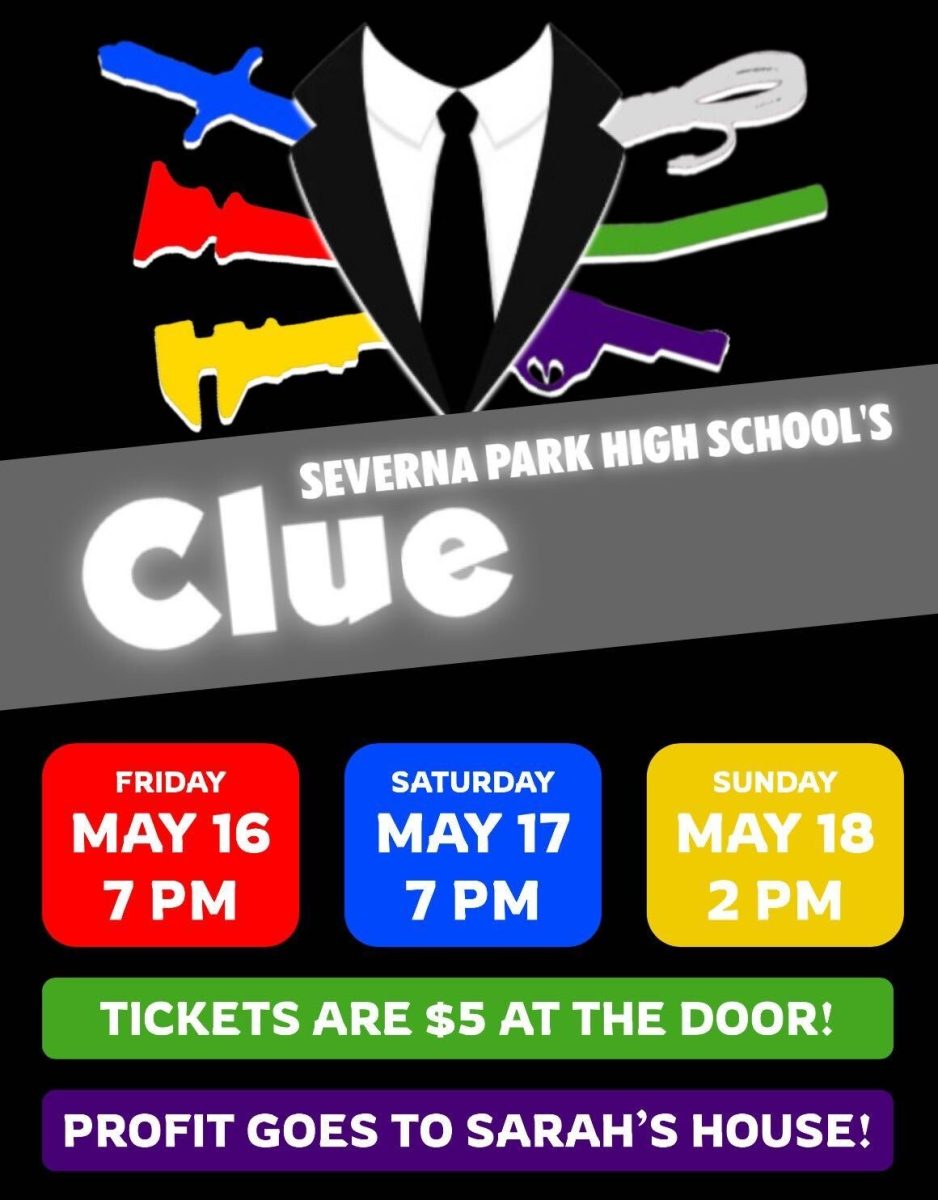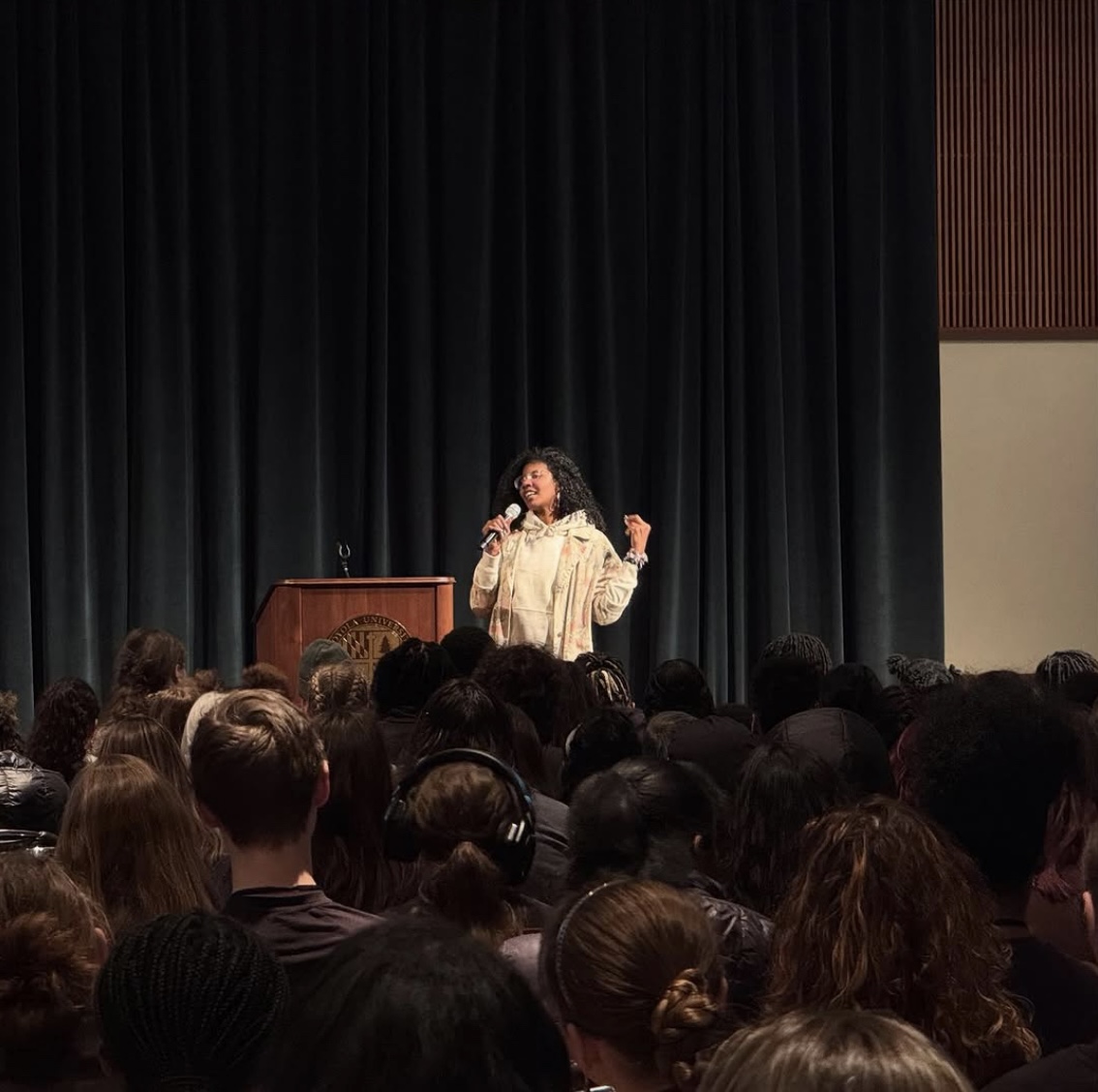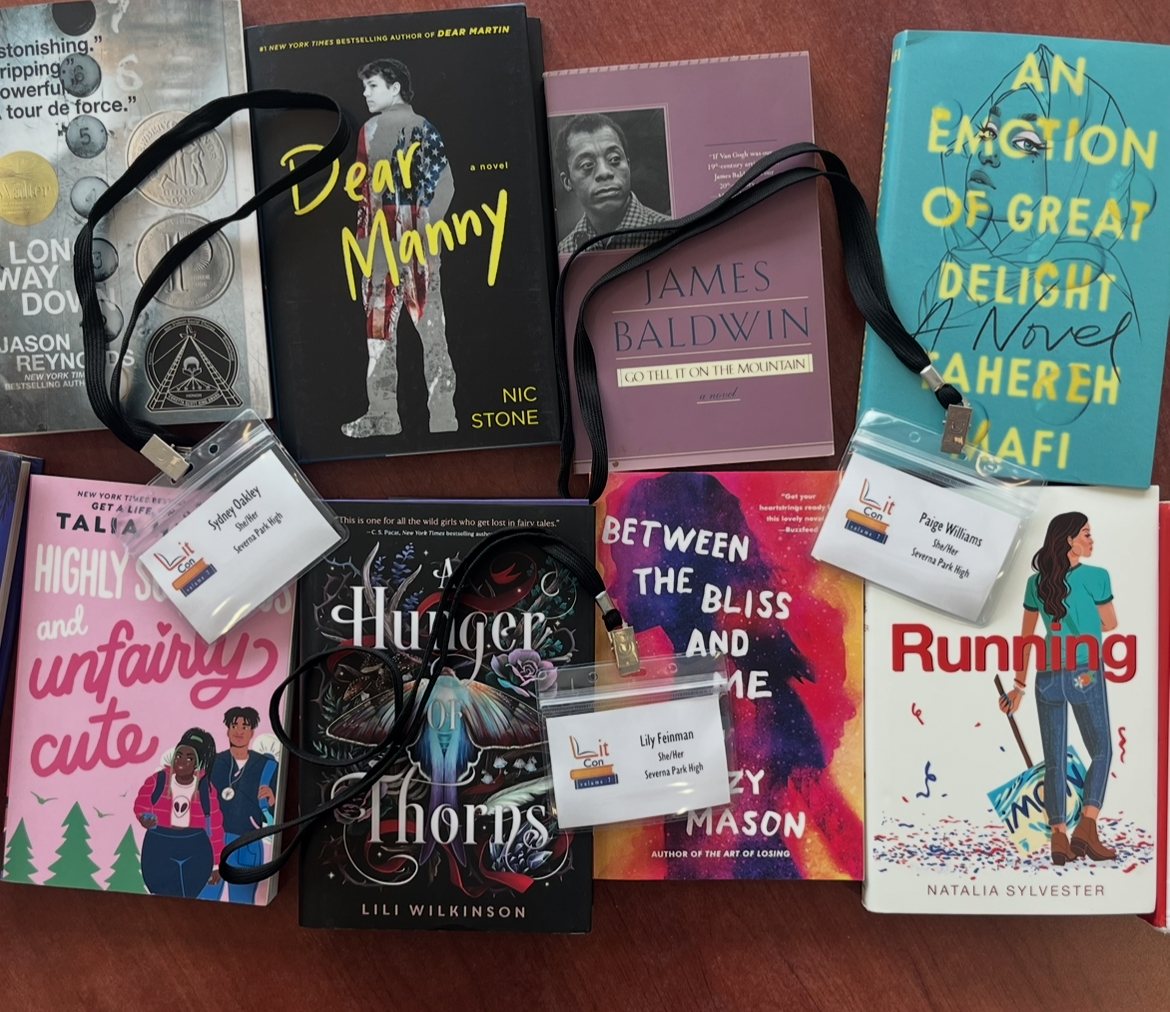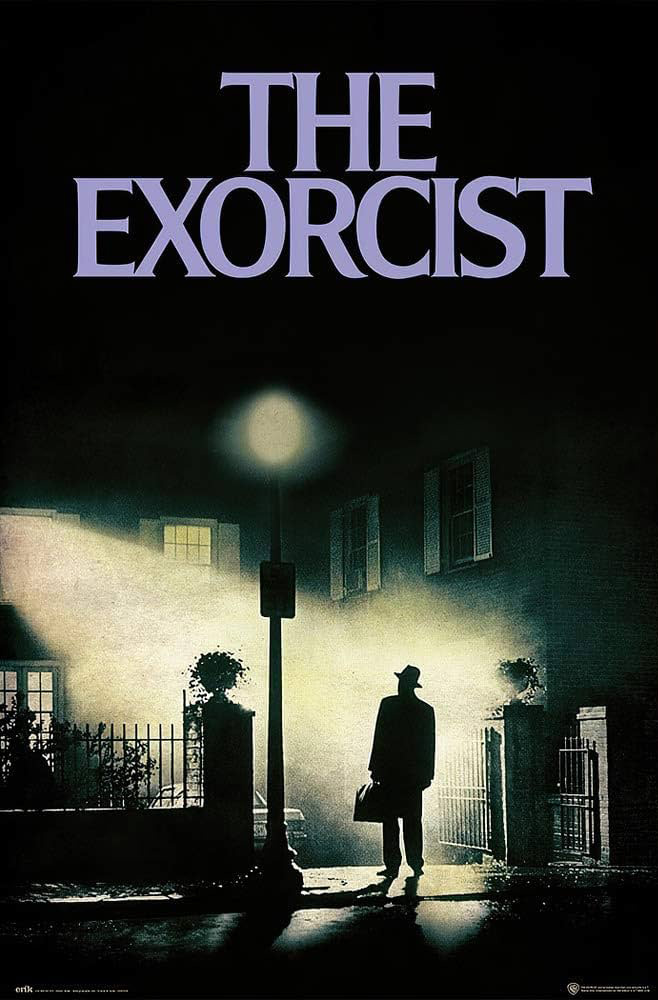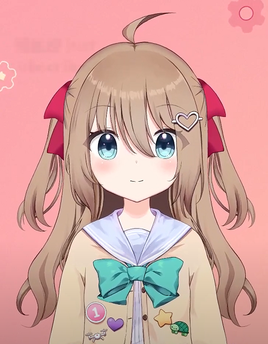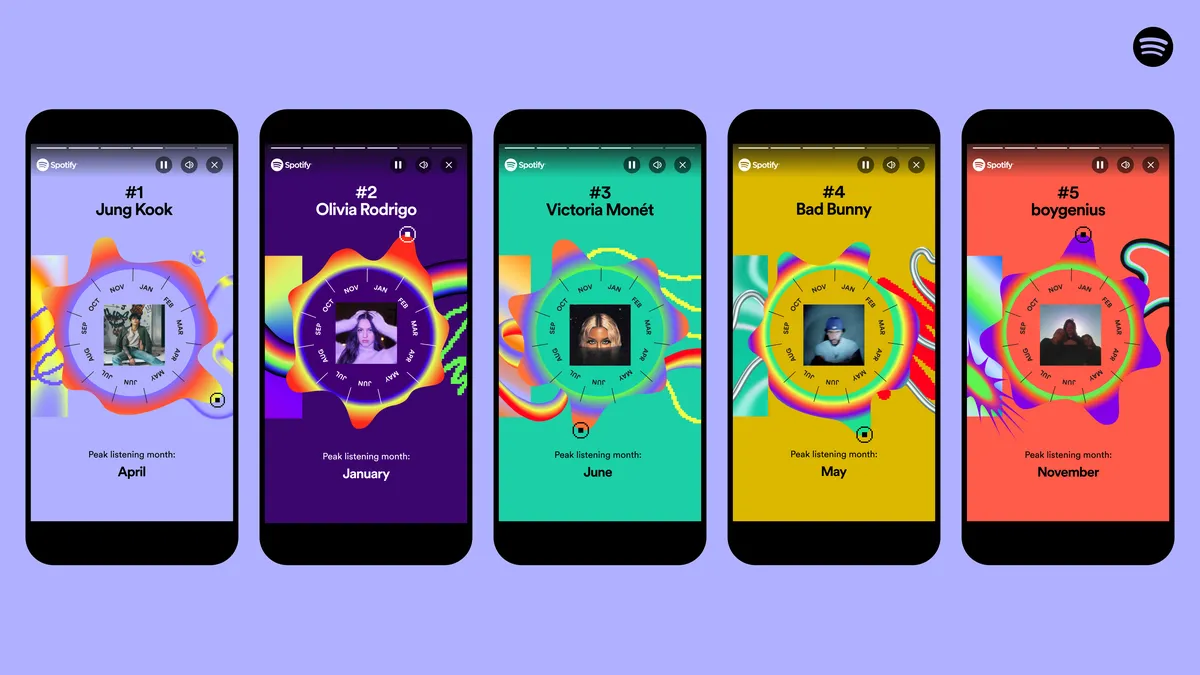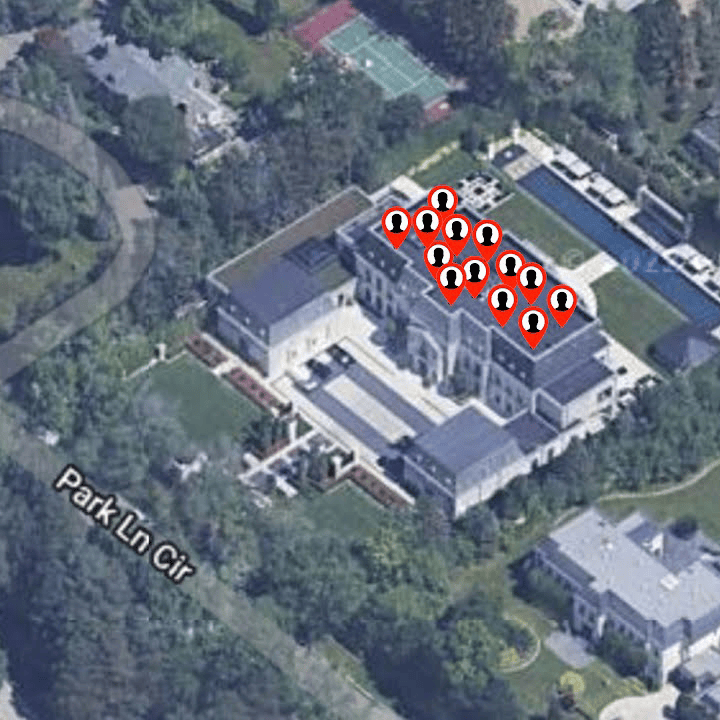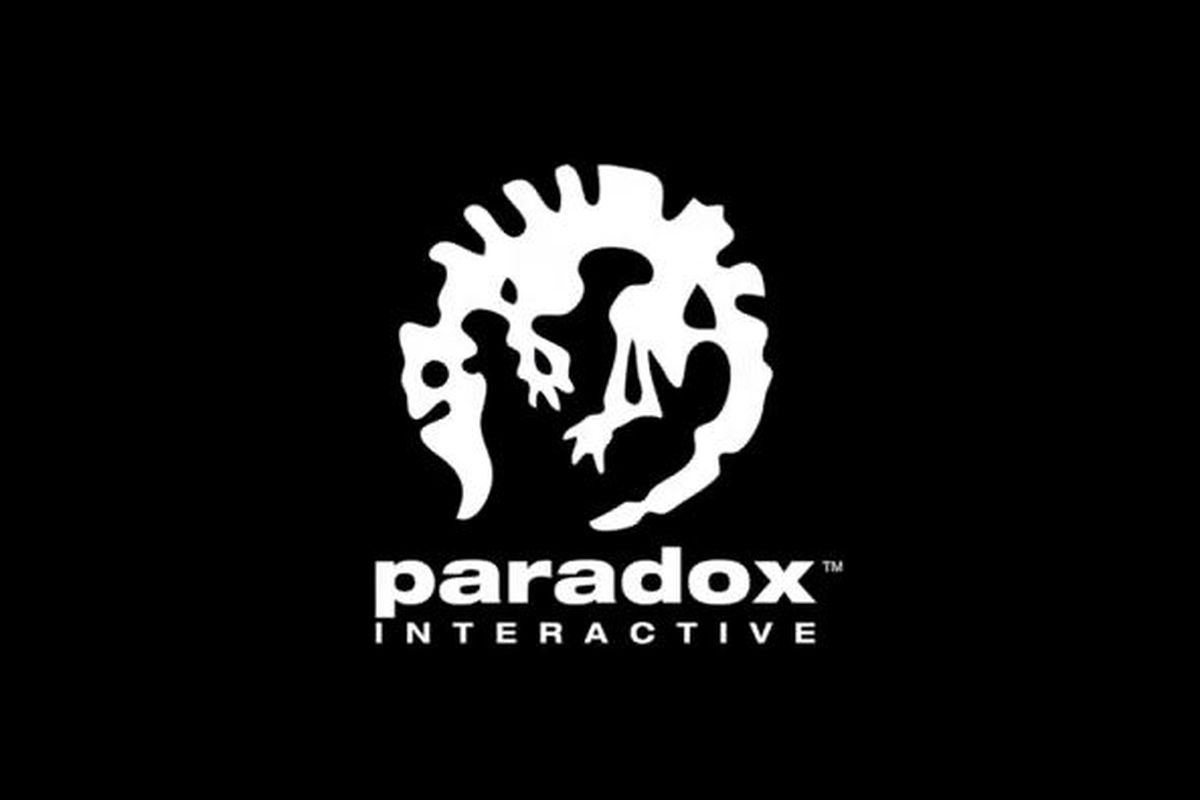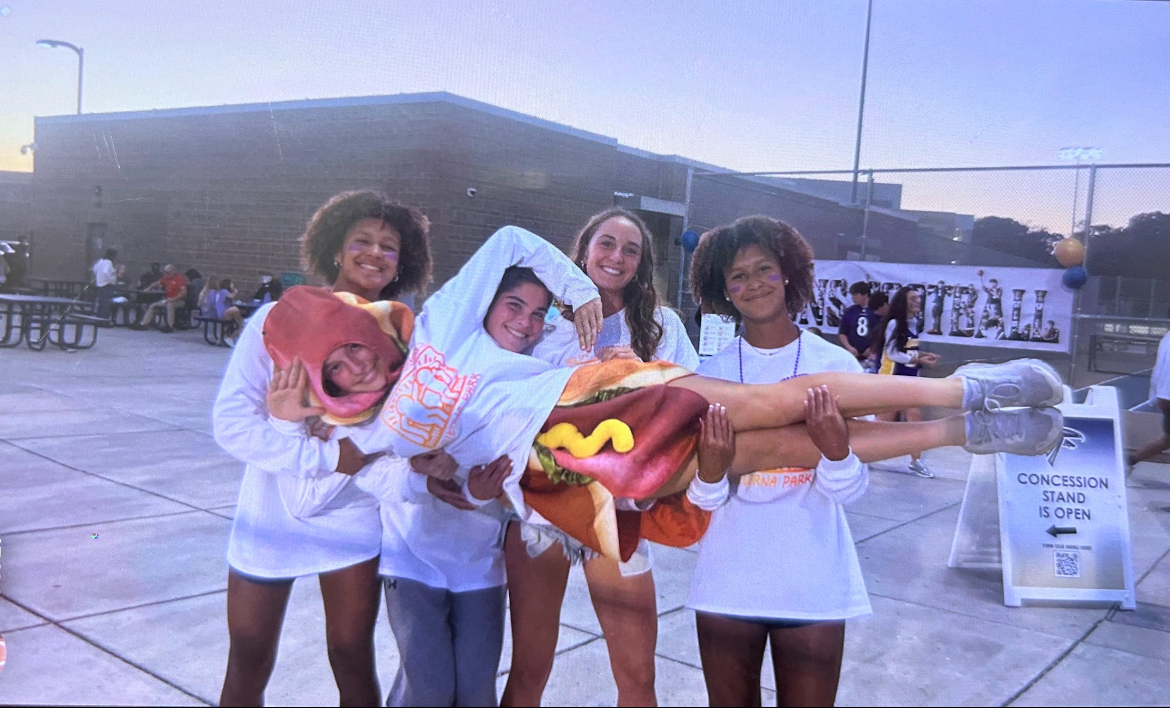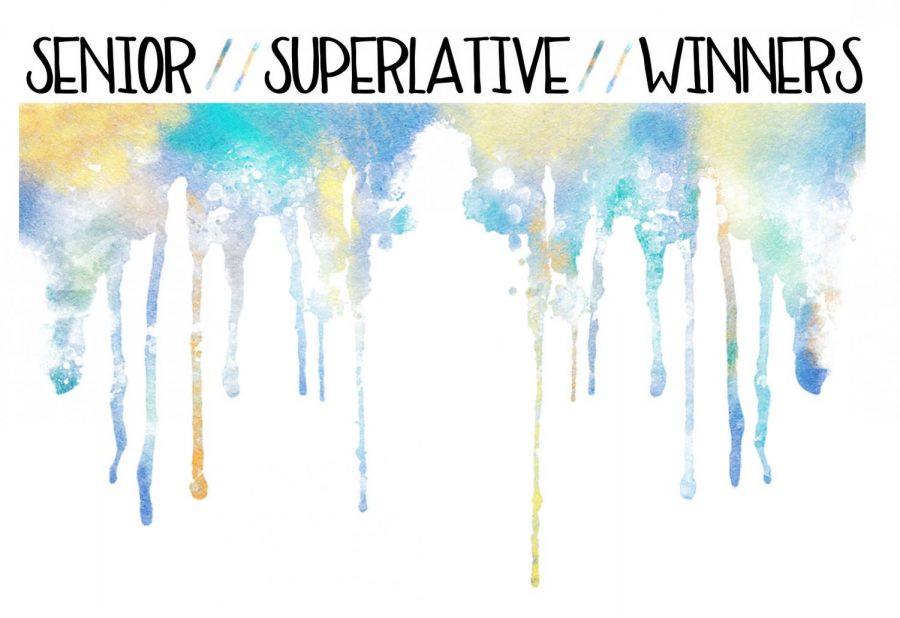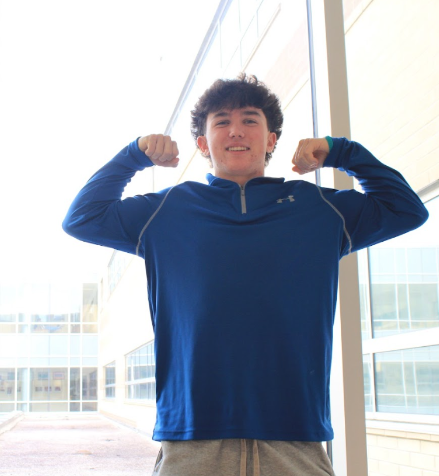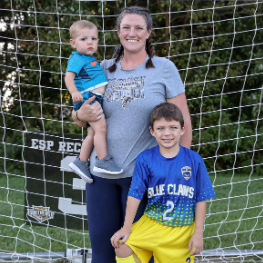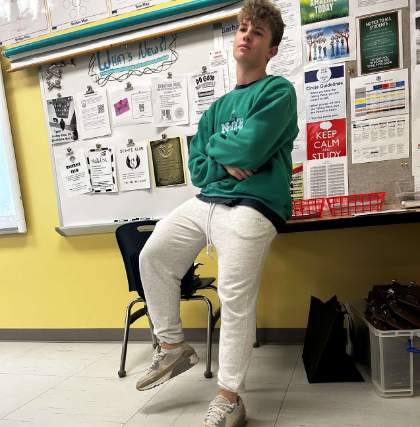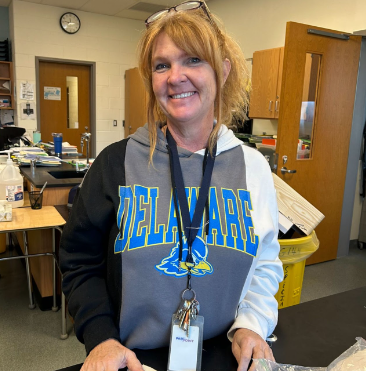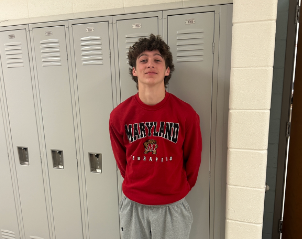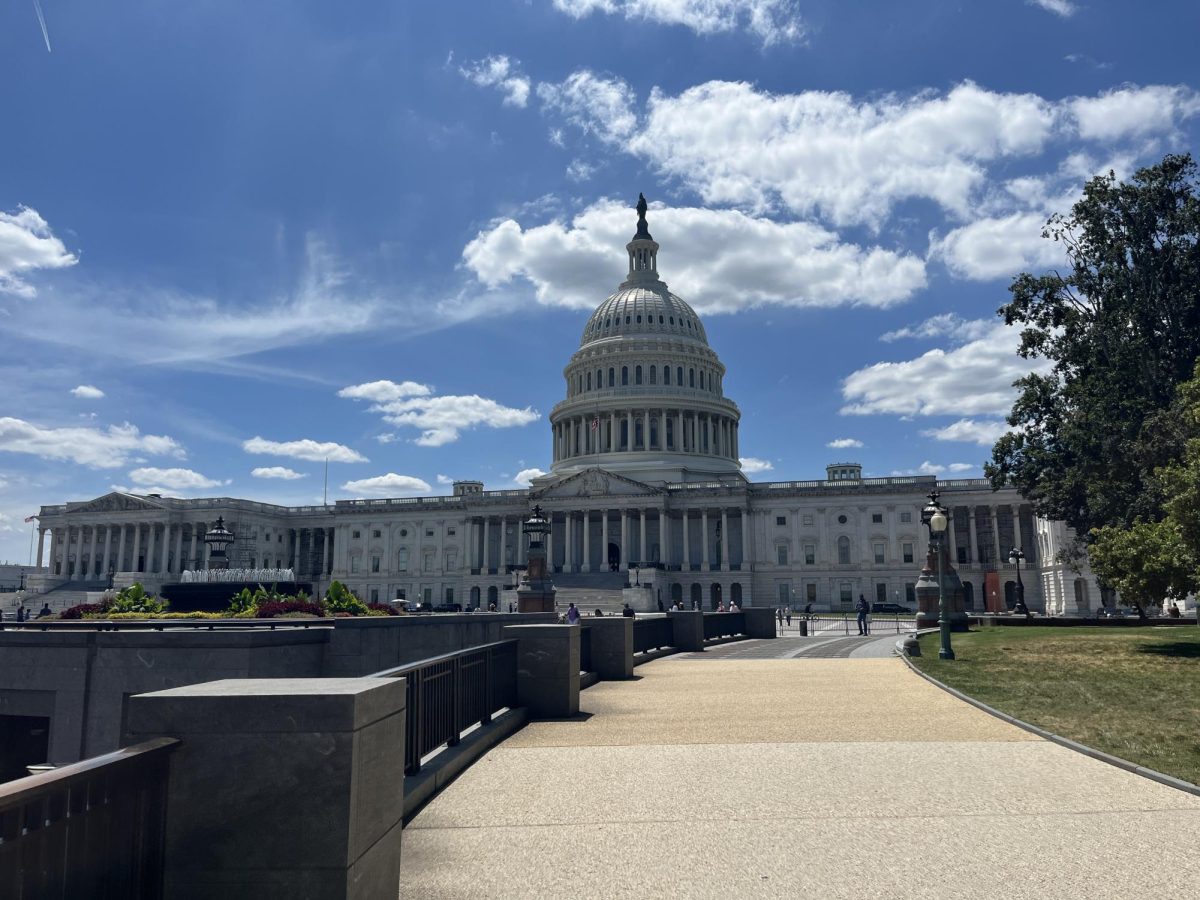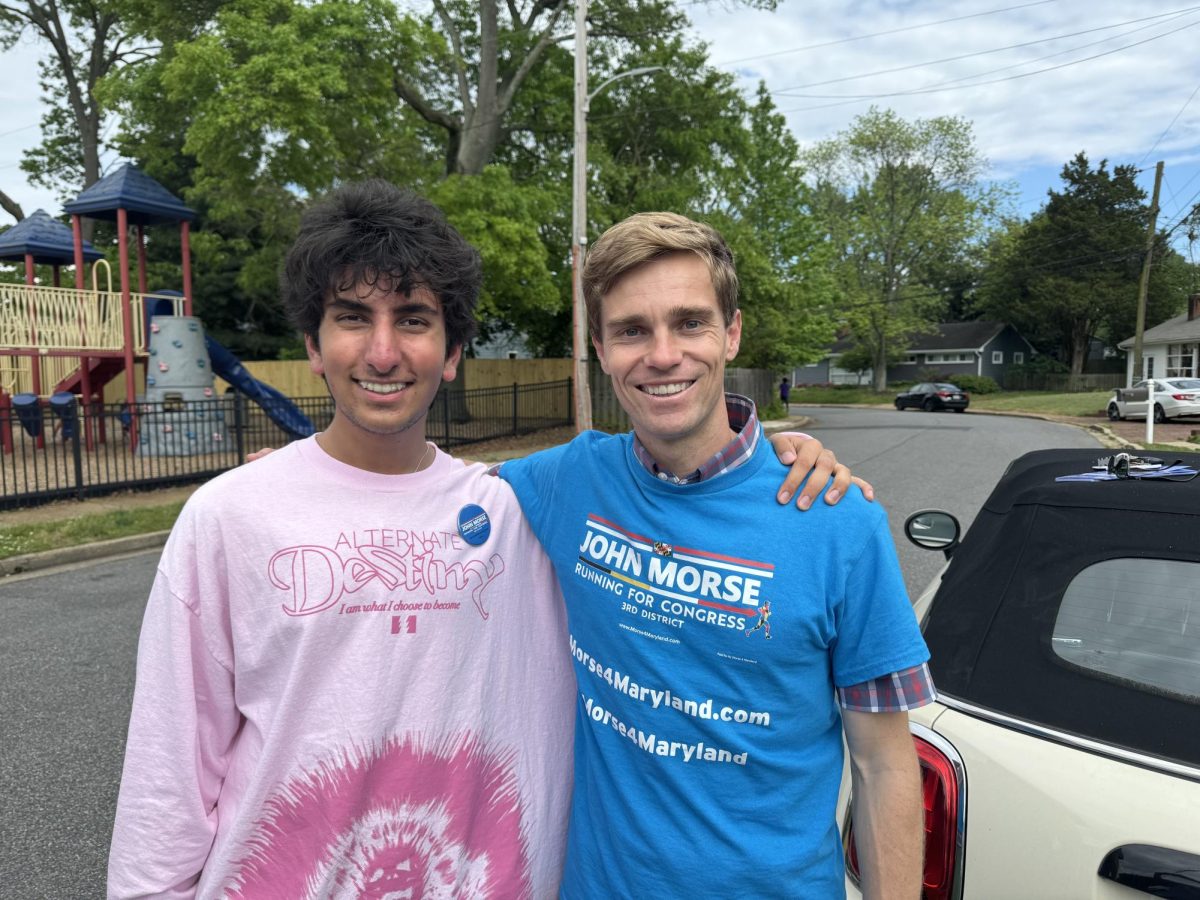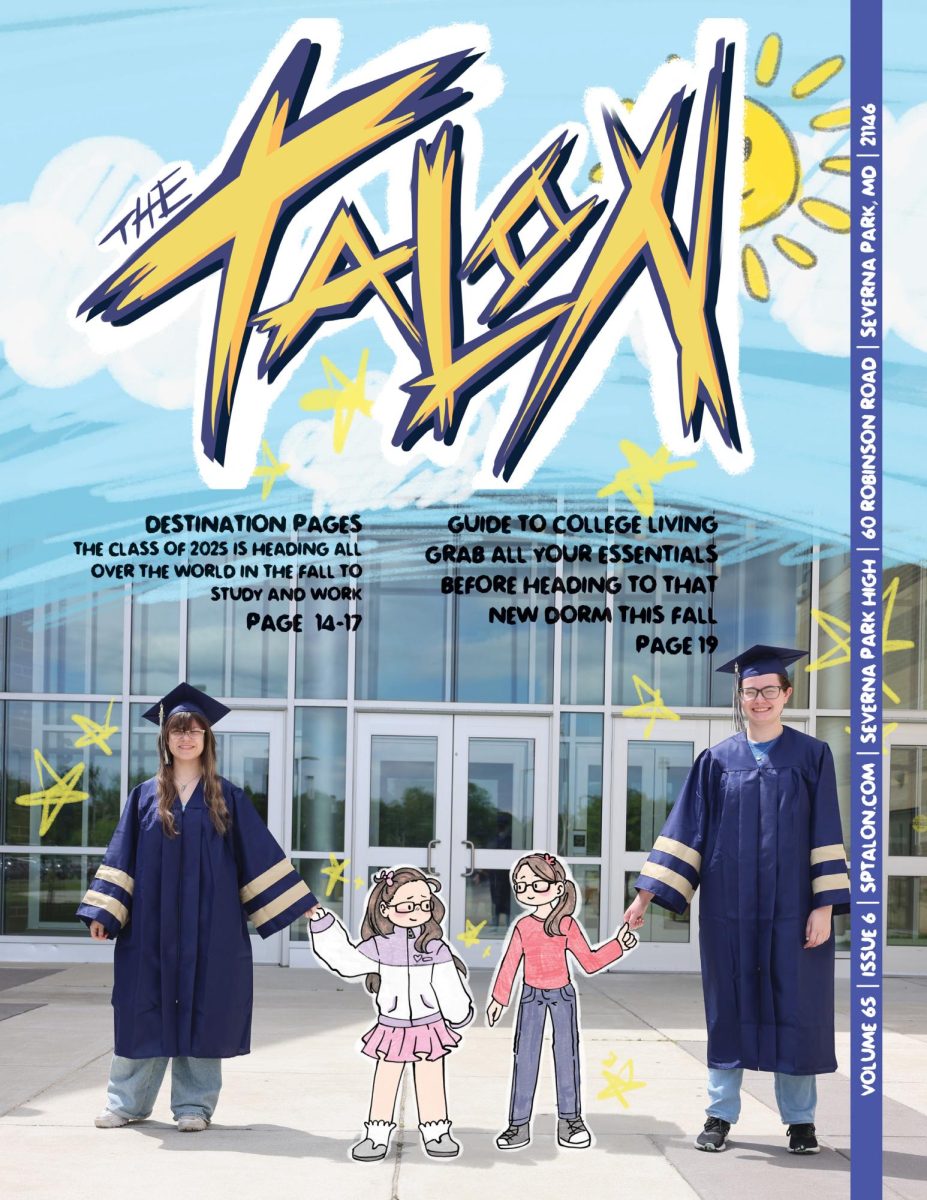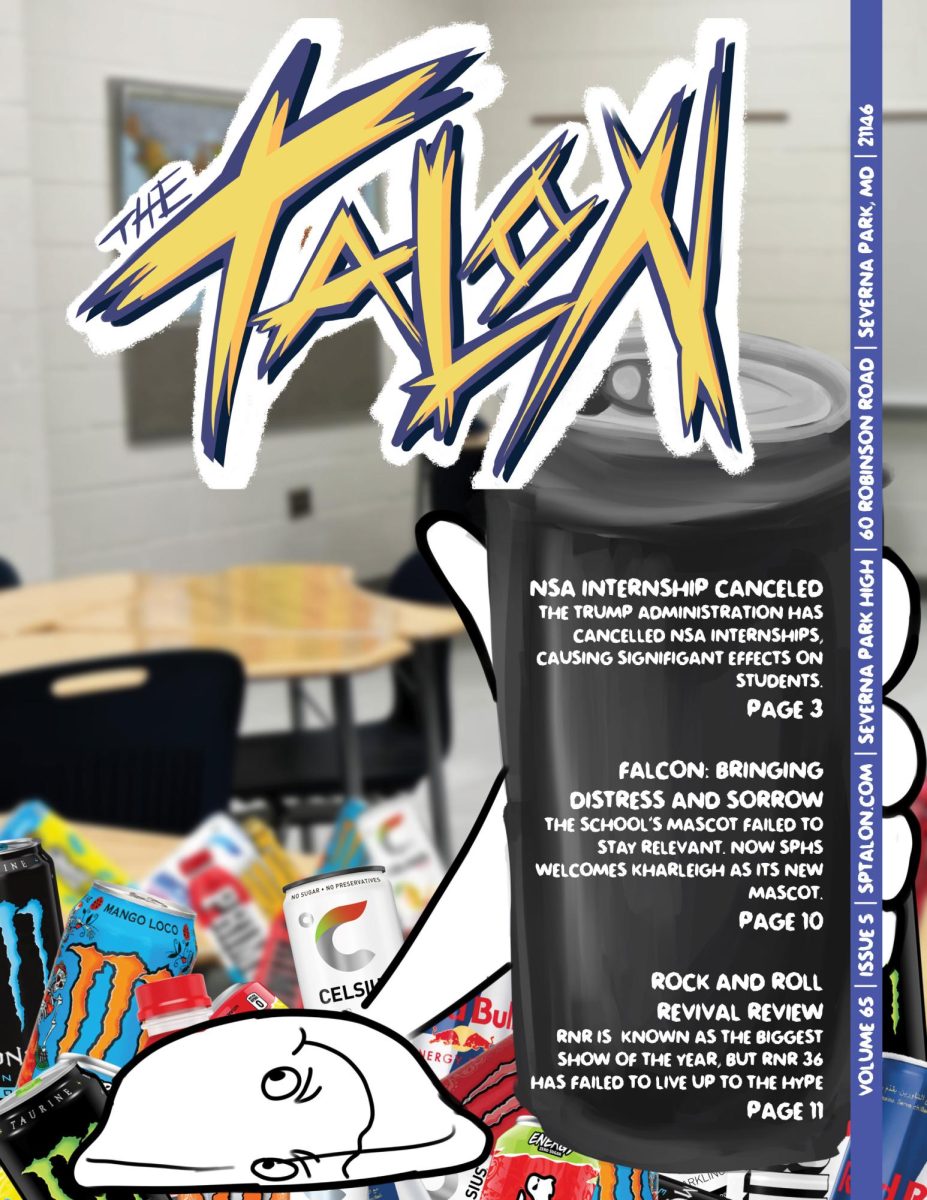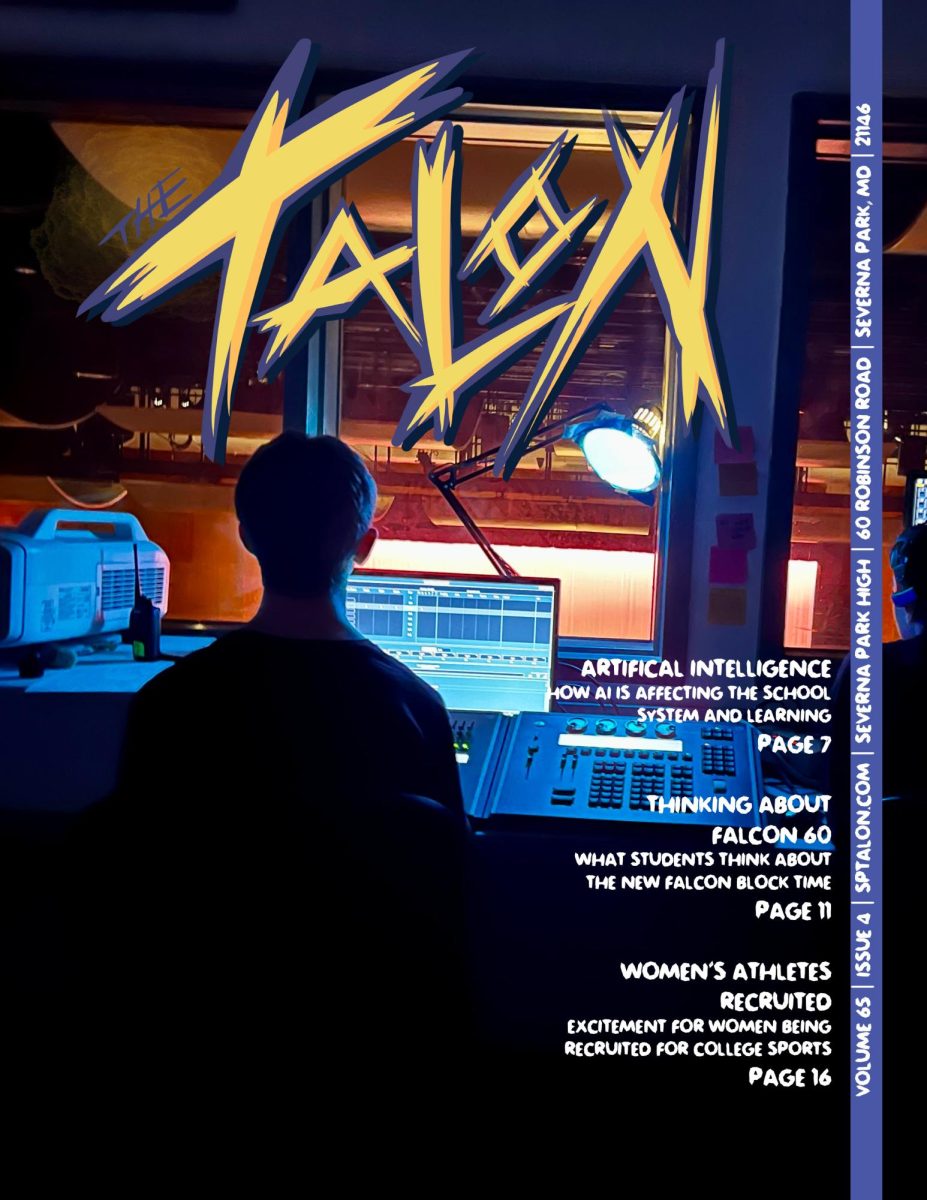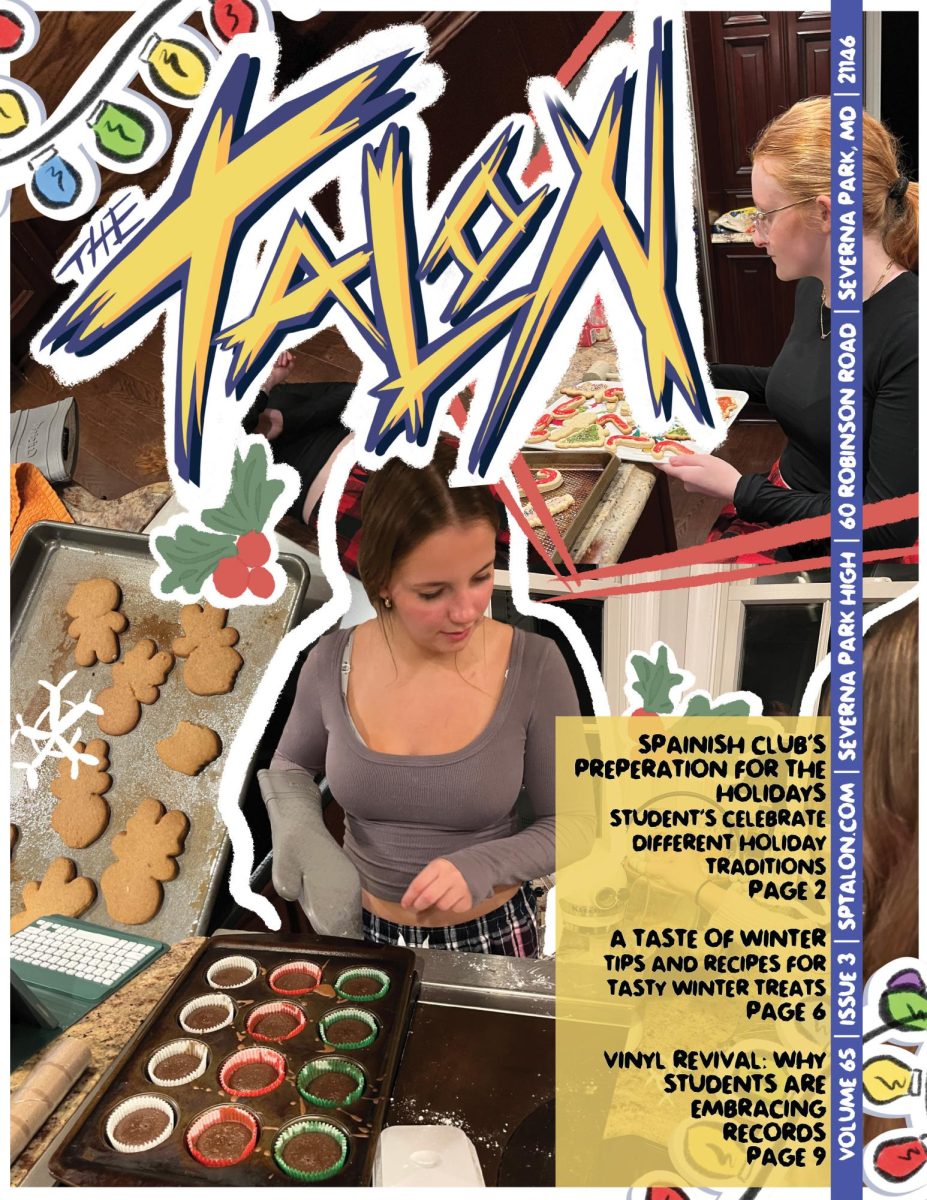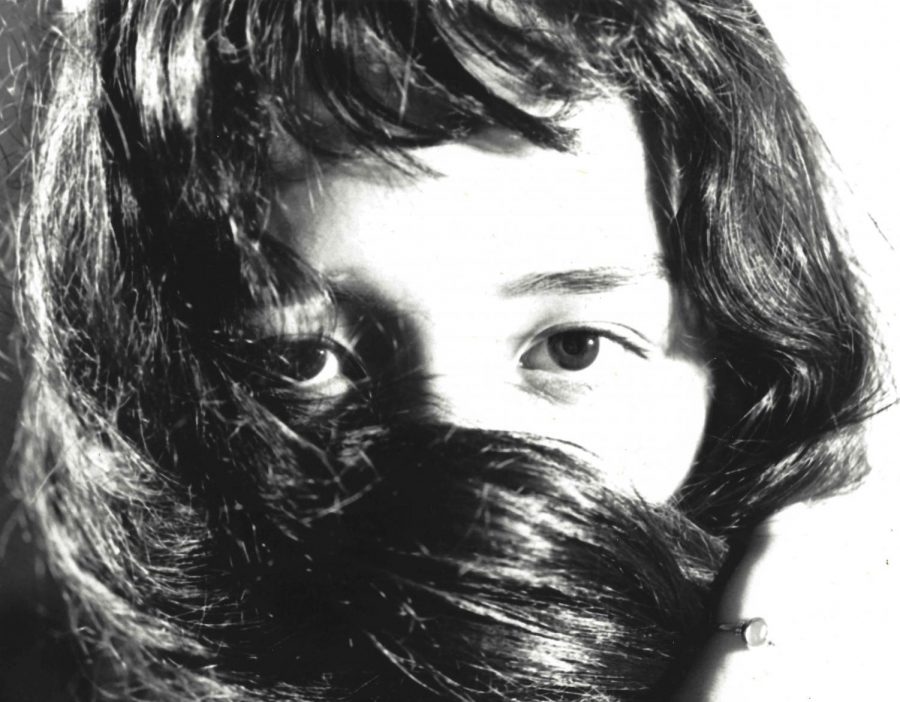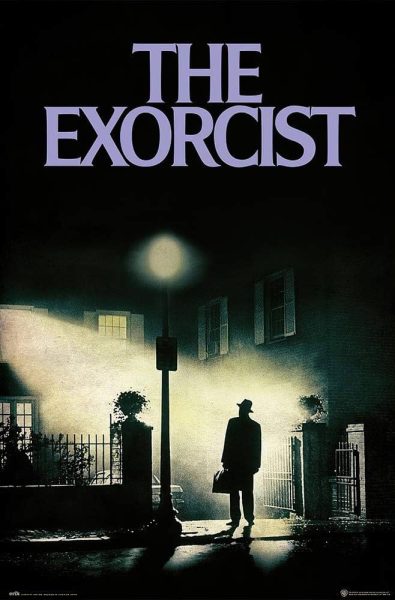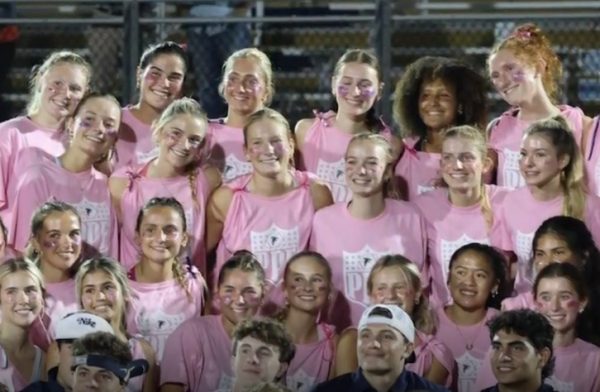Speaking Up About Mental Health Awareness
The silence stops now.
Mental health in teenagers is an ever lasting issue that many people are unaware of. Young people have kept quiet about their issues for so long. “Mental illness is treated terribly in Severna Park. People are treated as though they’re making up problems and they’re not. It’s absolutely terrible.” Drew Betch, senior, says. | Picture By Rachel Lotlikar Reader discretion advised: This article contains mentions of rape, panic attacks, obsessive compulsion and other sensitive material.
Mental health seems to be somewhat of a taboo concept in the world of young adults with people often using the mental illness as a joke or sarcastic adjective. “I’m so OCD about this,” “Man that makes me feel really depressed,” or “You’re acting so bipolar,” are all toxic misuses of real people’s problems. These gross mistreatments of real mental disorders perpetuates the desensitization of their true meanings. You can not “feel” depressed, OCD or bipolar. These are words that are joked about on a day to day basis by young people and adults who are not well enough versed on what mental illness really is.
Often people will encounter someone with a form of mental illness in their everyday lives and not even realize it. According to the National Association on Mental Illness, one in five young adults experience a serious mental disorder at some point during their lives. While walking the halls at SPHS, you could very well pass someone with Post Traumatic Stress, Bipolar, or Panic Disorder on any given day. You may not realize it at the time, but your insensitive and distasteful rape joke could very well send someone next to you spiralling into a flashback or have them hyperventilating from pure fear.
Senior Abby Haste, suffers from general anxiety disorder with panic attacks. She has struggled with anxiety since middle school. Haste says that one of the biggest misconceptions that come with having anxiety disorder is how easily underestimated these episodes are. There is a difference between being anxious and having anxiety. Often people will equate the two when, in reality, anxiety can render the victim helpless. Anxiety has the ability to keep someone from doing things they used to love. Many people affected by anxiety are unable to travel, attend populous events, or even drive. Haste says, “I call it a black cloud over my head that– it doesn’t hinder my ability to work fast enough but instead makes thinking through each step I take feel like I’m trudging through quicksand”. Last year, there was an instance where Haste obtained a written letter from her psychiatrist notifying the administration that she should be given extra time during timed writes. Subsequently, she was denied by an administrator for any more time than what was given because her grades show that she didn’t need it. “They [the administration] act like anxiety isn’t even a mental health issue,” Haste said. The biggest issue with mental health awareness is that you can never know what someone else is really experiencing.
Nancy Jackson, the school and community liaison, finds that, despite what many students say, the school is doing it’s very best to ensure the comfort of all students. She says that SPHS in particular deals with the stress levels and mental well being of students on a much more intimate level than other schools. She finds the the problem with making people aware of mental health issues is that in a school environment, there’s no good place to say what needs to be said. Students Taking Action Responsibly or STAR is a committee in the school that brings public service announcements pertaining to student stress levels and aids them in balancing social lives with academics and activities outside of school.“You’re never going to be able to please everybody and meet everybody’s needs,” Jackson said. With STAR being something unique to SPHS, taking up time in our advisories and giving us guest speakers throughout the years, Jackson finds that the school is doing everything in it’s ability to spread awareness to mental stability
Jackson is right. You can’t please everyone. Teaching kids about mental illness is broad strokes does not do justice to the specifics that lay behind each disorder. Not everyone is affected in the same way with mental illness and no one can know what someone else is really feeling. The biggest problem with diagnosing mental issues against physical injury is that a doctor can’t look into someone’s brain and see a disconnect like how they can look at an x-ray and see a broken bone. For many people, seeing is believing. With the two year anniversary of another Severna Park tragedy making it’s way around the corner, The Talon brings support to those in need of mental help and asks those unafflicted to open their minds and hearts. If you or someone you know is struggling with mental illness, reach out and seek help. Asking for assistance is not a sign of weakness. The National Suicide Prevention Lifeline is 1-800-273-8255.
Reader discretion advised: This article contains mentions of rape, panic attacks, obsessive compulsion and other sensitive material.

Rachel Lotlikar is a senior at SPHS and as her first year on the Talon staff, has proudly taken on the role of Photo Editor. She's spent time studying...

